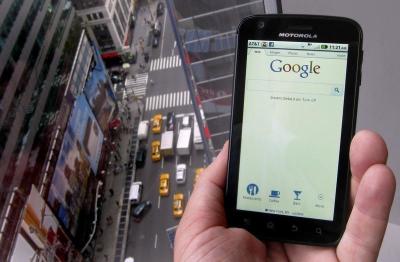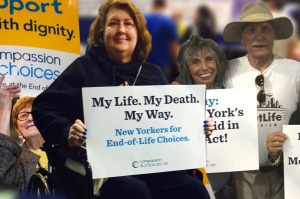Dear Silicon Valley: First, Do No Harm

The Director of the FBI recently warned Congress that cell phone encryption is posing a major obstacle to law enforcement. Even though the facts back him up, the technology sector is still digging in. The time is now for Silicon Valley to own up to the ancient, and inspired notion that to whom much is given, much is required. See: Luke 12:48. The posture of the technology sector, refusing to cooperate with the FBI and law enforcement regarding the opening of locked and encrypted cell phones used by evildoers, is not just callous, it is harmful.
This presents the same point I have made on Capitol Hill over the years in public debates on technology issues. Namely, that the clash between the rights of tech giants on the one hand, and the public interest of consumers and citizens on the other, is approaching a collision course. The best way for technology companies to avoid the heavy hand of new regulations, and to serve the public at the same time, is to expand their corporate consciences, and voluntarily elevate their decision-making to a higher, more responsible level.
FBI Director Christopher Wray's testimony mirrors what he said back in October to the Association of Chiefs of Police when he made the stunning declaration that half of the thousands of cell phones confiscated from criminals and terrorists cannot be opened and inspected because of sophisticated encryption systems. Recall for a moment the 2015 San Bernardino terror shooting. The shooter's iPhone 5 cell phone couldn't be opened to track down other possible conspirators because it was encrypted. When Apple was asked to help open the phone for inspection of incoming and outgoing calls, it refused. In the end the FBI was forced to pay almost a million dollars to another private tech firm to open the cell phone.
The privacy of cell users is an important right. However, the 4th Amendment still requires legal procedures to be complied with before those privacy rights are compromised. One of those is the necessary showing of probable cause that a crime has been committed. The pretensions of Silicon Valley that they are protectors of the public's privacy ring hollow when the physical safety of the public is so clearly at risk, especially when a cell user at issue is engaged in criminality.
Should Congress pass a law requiring technology companies to de-encrypt the cell phones of lawbreakers and terrorists? Right now, federal legislators have intentionally given tech providers a big pass on that. Not surprisingly, Silicon Valley advocates are vehemently opposed to any change to their favored position. As an example, the Electronic Frontier Foundation takes the position that tech company-created encryption codes are a form of "speech" as well as property, protected under the Constitution. Even if that is true, the Supreme Court has regularly ruled that no single constitutional right is absolute and immutable, and must be balanced against other constitutional rights of citizens, such as the physical safety and security of the public.
The best resolution is for tech giants to voluntarily work out a partnership with law enforcement that gives law abiding citizens assurance that they will not be snooped, violated or hacked by the government, but that also gives policing agencies tools to examine the digital devices of killers. Such a partnership could be arranged on a case-by-case basis, with the government agreeing to protect the propriety information of the tech companies, with harsh penalties for officials who handle such information negligently, and providing not only reasonable compensation to the private companies who cooperate but also carefully and reasonably defined legal immunity if some citizens claim their rights are offended in the process.
Further, a permanent technology commission with a high degree of transparency consisting of government officials, tech leaders and public members needs to be established to provide advisory, non-binding policy oversight not only on this issue, but on other related tech issues as well. This could act as a dynamic check against overexpansion of the jurisdiction of the Federal Trade Commission (FTC), an agency gaining momentum as the official, arguably heavy-handed, and increasingly tech-detailed agency when it comes to technology matters.
If the genius of Silicon Valley can create encryption systems in the first place, it surely must possess the ability to "reason together" with our government officials and public stakeholders in order to solve the problem of criminals exploiting encryption technology.
Craig Parshall is a best-selling fiction author whose novels have often featured technology issues and who serves as Special Counsel to the American Center for Law and Justice in Washington, D.C. His next suspense novel, The Empowered, which touches on the "dark web," is his 13th and will be released by Tyndale Publishing House in January.



























